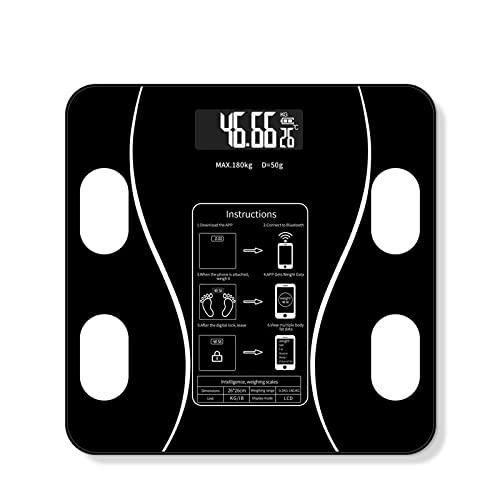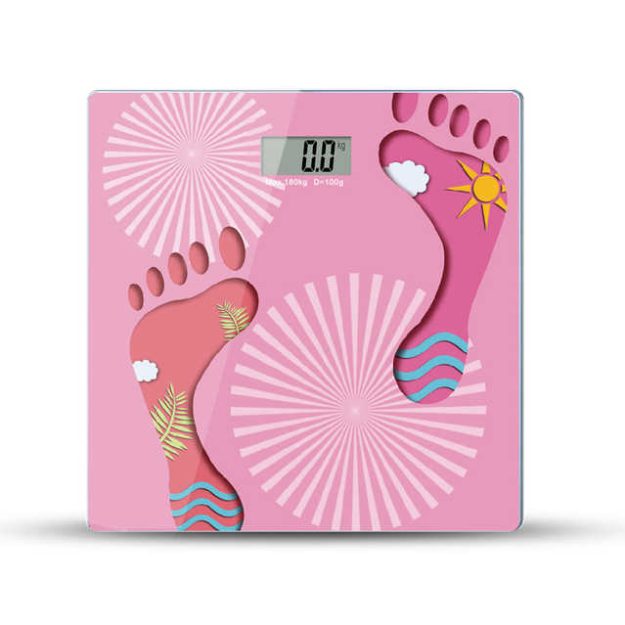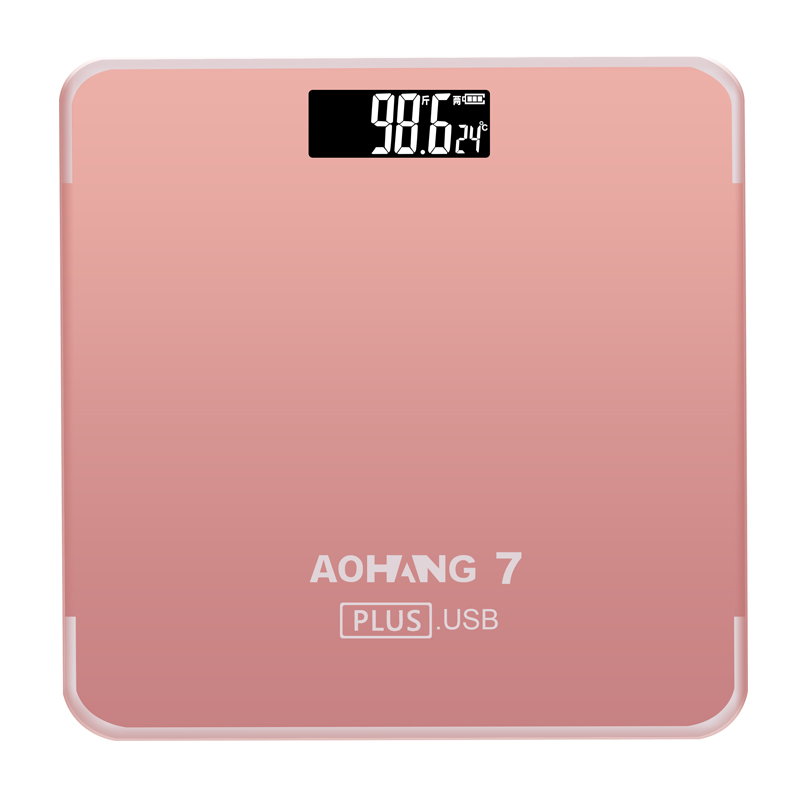Mechanical Height And Weight Scales. Mechanical height and weight scales have long been regarded as
essential tools for accurate health monitoring.
These scales are widely used in medical facilities, fitness centers, schools, and homes due to their reliability, durability, and precision.
Unlike digital scales, mechanical scales operate without batteries or electronic components, making them
a dependable choice for many users.
In this comprehensive guide, we will explore the benefits, features, and top models of mechanical height
and weight scales, providing you with the information needed to make an informed purchase.
Benefits of Mechanical Height and Weight Scales
Mechanical height and weight scales offer several advantages that make them a preferred choice for health monitoring:
- Accuracy: Mechanical scales provide precise measurements of both height and weight, ensuring reliable data for tracking health metrics over time. The analog mechanisms are designed to deliver consistent results.
- Durability: Built with robust materials and mechanical components, these scales are known for their longevity and minimal maintenance requirements. They are designed to withstand frequent use in busy environments.
- No Batteries Needed: Mechanical scales do not rely on batteries or electricity, which means they are always ready for use and do not incur additional costs for power sources.
- Versatility: Many mechanical scales come with integrated stadiometers, allowing for the measurement of height and weight simultaneously. This feature is particularly useful in medical and fitness settings where comprehensive health assessments are required.
- Simplicity: With straightforward, analog displays, mechanical scales are easy to read and use. They do not require any technical knowledge or setup, making them accessible to users of all ages.
- Cost-Effective: Mechanical scales are typically more affordable than their digital counterparts, offering a cost-effective solution for accurate health monitoring without sacrificing quality.
Key Features to Consider
When selecting a mechanical height and weight scale, it is important to consider the following features to
ensure it meets your specific needs:
- Sturdiness and Build Quality: Look for scales made from high-quality materials such as steel or heavy-duty plastic. The platform should be stable and capable of supporting a wide range of weights.
- Measurement Range: Ensure the scale has an adequate weight capacity and height measurement range to accommodate all potential users.
- Precision and Calibration: Choose a scale with a well-calibrated mechanism to ensure accurate measurements. Some models allow for manual calibration to maintain accuracy over time.
- Ease of Use: The scale should have a clear, easy-to-read dial or beam for weight measurement and a clearly marked stadiometer for height measurement.
- Portability: If the scale needs to be moved frequently, consider its weight and dimensions. Some models are designed to be more portable than others.
- Aesthetics and Design: While functionality is key, the design and appearance of the scale may also be important, especially if it will be used in a professional setting.
Top Mechanical Height and Weight Scales
Here are some of the top-rated mechanical height and weight scales available on the market:
- Model A: Traditional Mechanical Scale with Height Rod
- Description: This classic scale features a robust platform, an easy-to-read dial, and an integrated height rod for comprehensive measurements.
- Key Features: Durable steel construction, 500 lb weight capacity, height measurement up to 7 feet, large and clear dial.
- Model B: Professional Medical Mechanical Scale
- Description: Designed for medical use, this scale offers precise measurements and a sturdy design suitable for high-traffic environments.
- Key Features: Heavy-duty base, 400 lb weight capacity, adjustable height rod, non-slip surface.
- Model C: Portable Mechanical Height and Weight Scale
- Description: This compact and lightweight scale is perfect for home use or mobile health assessments.
- Key Features: Lightweight aluminum frame, 300 lb weight capacity, foldable height rod, easy transport.
- Model D: Industrial Mechanical Scale with Stadiometer
- Description: Ideal for industrial and fitness centers, this scale combines heavy-duty construction with accurate measurement capabilities.
- Key Features: Reinforced steel base, 600 lb weight capacity, high-precision dial, adjustable height rod.
Why Choose Mechanical Height and Weight Scales?
Choosing mechanical height and weight scales offers several advantages:
- Reliability: Mechanical scales are known for their reliability and consistent performance, making them a dependable choice for accurate health monitoring.
- Long-Lasting: The durability of mechanical components ensures that these scales will provide accurate measurements for many years with minimal maintenance.
- No Downtime: Without the need for batteries or electricity, mechanical scales are always ready for use, eliminating the risk of downtime due to power issues.
- Affordability: Mechanical scales are often more affordable than digital alternatives, providing excellent value for money without compromising on accuracy.
Conclusion
Mechanical height and weight scales continue to be a trusted choice for health monitoring, offering
accurate and reliable measurements in a durable and cost-effective package.
Whether you need a scale for medical use, a fitness center, or home health assessments, there is a
mechanical scale to meet your needs.
By considering the key features and benefits outlined in this guide, you can select the best mechanical
height and weight scale to support your health and wellness goals.
Investing in a high-quality mechanical scale ensures precise measurements and long-term satisfaction, making it an essential tool for comprehensive health monitoring.
We are located at University Plaza Room A18 Bombo Rd, Wandegeya – Kampala
For more details please contact us on ; +256 (0) 700225423
+256 (0) 787089315
Or email us at:[email protected]







